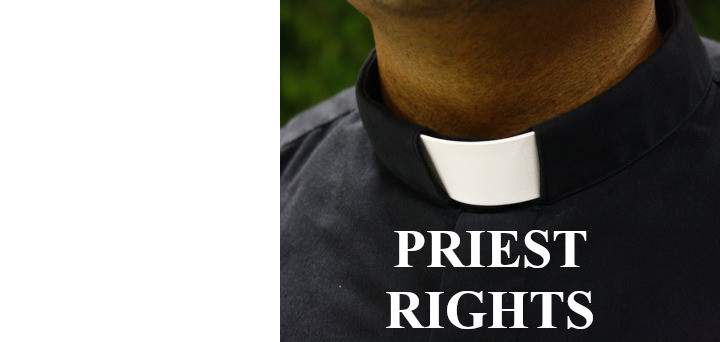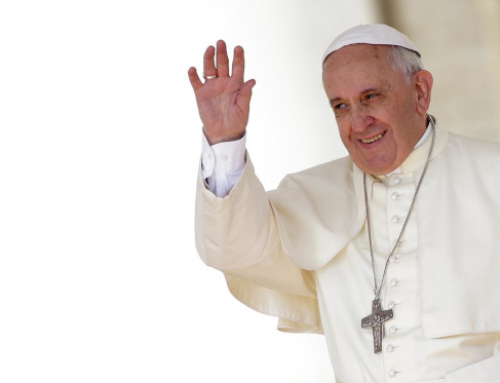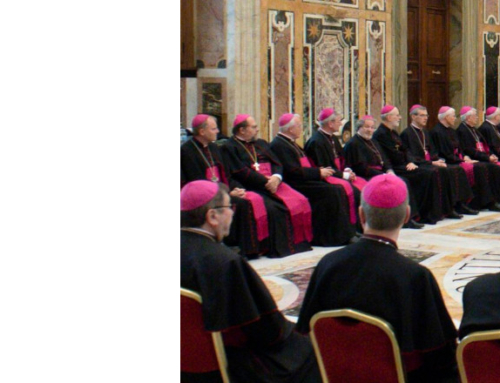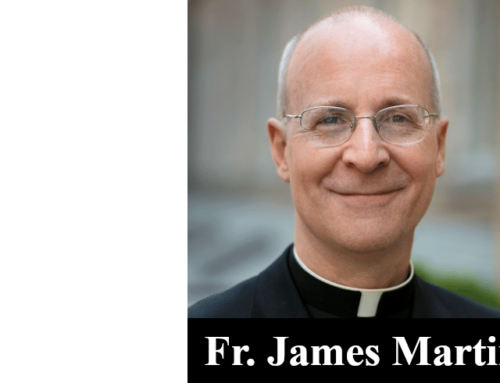In January, Fr. Jerome Kaywell, a priest at Sacred Heart Punta Gorda, in the Diocese of Venice, Florida, was accused of sexual misconduct dating back to the winter of 2013-2014. The accused, whose name has not been made public, was a minor at the time, but is now an adult. When the diocese learned of the accusations, Kaywell was removed from ministry pending an internal review. The authorities were immediately notified.
On February 13, the diocese received a letter from the law firm representing the alleged victim. The accuser withdrew the charges, apologized and blamed the accusation on a “false memory.” On March 14, the diocesan review board concluded that there was no evidence of wrongdoing, and Fr. Kaywell was allowed to resume his ministry.
There are a lot of problems with what happened.
- Why do we know the name of the accused but not the accuser?
- Why did it take a month before the priest was restored to ministry when it is plain that the accuser said the offense never happened?
- Why did the diocesan review board not conduct its own investigation of the charges before removing the priest from ministry, choosing instead to accept the validity of the allegation?
- What is the difference between a “false memory” and lying?
- Why are “false memories” treated as a variant of “repressed memories”?
- How did the media react to the accusation and the exoneration?
Regarding the latter question, we did a probe of how the media handled this issue. Here is what we found.
The print media and the online media coverage was mostly fair; they covered both the accusation and the exoneration. TV coverage in Fort Myers was also pretty good, though CBS, NBC and Fox ran slightly more stories on the accusation than on the exoneration. ABC actually ran one more story on the exoneration than the accusation. Now to the other issues.
It is outrageous that adults who make public accusations can remain anonymous while the accused can be smeared all over the place.
Why aren’t review boards—not just in the Diocese of Venice—immediately summoned to meet, virtually or in person, when the accuser withdraws his claims? If there are many people on the panel, there should be an executive committee that can quickly step in so that accused priests in Fr. Kaywell’s situation can return to ministry ASAP.
Why do review boards remove a priest from ministry, based on an allegation, without first assessing the veracity of the accusation? No other organization acts this way.
When an accuser later claims to have suffered a “false memory,” this should be the beginning of a new chapter in this case, and not treated as if everything has been resolved.
A close cousin to “false memory” is “repressed memory,” the condition whereby someone who says he was violated in the past only now claims to remember what happened.
What follows is taken from my book, The Truth about Clergy Sexual Abuse: Clarifying the Facts and the Causes.
“Repressed memory” is a fiction. It doesn’t exist. Sociologist Richard Ofshe and journalist Ethan Watters studied this notion and concluded that it “has never been more than unsubstantiated speculation tied to Freudian concepts and speculative mechanisms.”
Dr. Paul McHugh, a professor of psychiatry at Johns Hopkins University School of Medicine, has long dismissed it as a dangerous idea that literally manufacturers victims.
The American Psychological Association rendered its judgment and concluded that “repressed memory” is a “cultural creation having no basis in science.”
Clinical psychologists from the University of Nevada, Reno, led by William O’Donohue, studied the literature on this subject and concluded that “there is a large amount of scientific evidence that clearly shows that repressed memories simply do not exist.”
It cannot be said too strongly that the rights of priests in the United States cry out for reforms. The scale of justice is tipped against them. They should have the same guarantees and protections afforded every other American. That is not the case now, and it hasn’t been for decades.
Fr. Gordon MacRae was sent to prison in Manchester, New Hampshire in 1994 for offenses that he allegedly committed between 1979 and 1983. The accuser, Thomas Grover, said he periodically repressed his memory of the assault. He had prior convictions for fraud, forgery, theft, assault, and drug charges.
When MacRae was offered a plea deal, he turned it down, insisting on his innocence, even knowing that he could spend the rest of his life behind bars. He was sentenced to 67 years in prison. Worse, more recent evidence shows that he was railroaded by the authorities.
It’s time the bishops revisit the issue of due process for priests. It can begin by asking for the input of people like Msgr. Thomas Guarino, a Seton Hall professor who has written authoritatively on this subject.
Note: We are sending this article to diocesan officials across the country.







